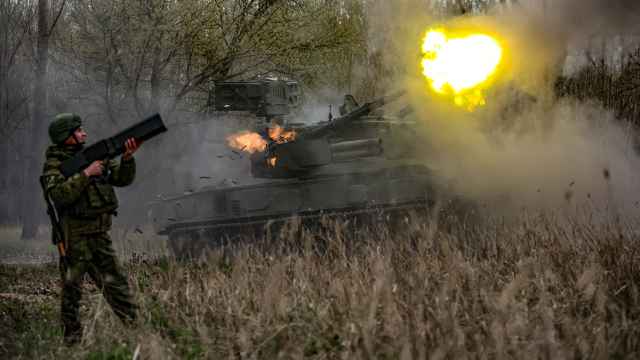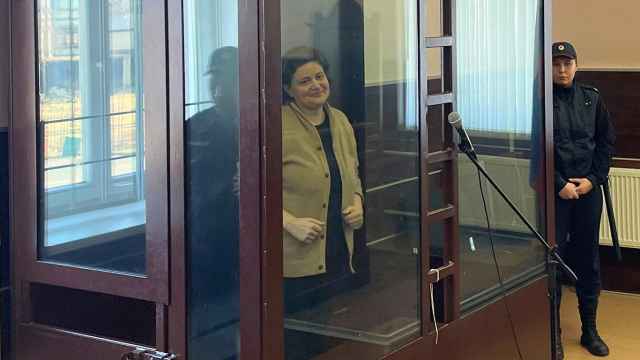Recently released WikiLeaks cables reveal U.S. government opinion that underneath Norway’s friendly public approach to Russia, fears are growing.
“Norwegian politicians like to brag about their good relations with Russia, even suggesting that Norway Russia policy should be a model for other neighbors of Russia to follow,” says a cable from the U.S. Embassy in Oslo.
This public positivism masks a growing nervousness over developments in Russia and a definite split in Norwegians' views on the matter. This angst may have the effect of strengthening the U.S.-Norwegian bilateral relationship and could be the basis of a future strategic dialogue, the cable states.
While politicians portray a strong relationship with Russia, security, business and environmental leaders are “much more skeptical about its neighbor’s motivations and actions than official statements would suggest,” the documents said.
Norway maintains a group of Russia experts — especially in defense and intelligence — during a time that bilateral relations are at their best. The two countries share fisheries and a visa-free border zone, and cultural exchanges are on the rise.
Concerns lie with increased Russian military activities, the growing strategic relevance of the Arctic, problems with Norwegian investments in Russia and negative developments in Russia’s democracy and economy.
Norway has primarily supported dialogue with, and political and economic inclusion of Russia into Europe, pointing to its relations with Russia as a potential model for neighboring countries.
Opposition party leaders have criticized Norway’s weak approach, citing the dismissal of the pro-Norway governor of Murmansk as evidence that the approach is not working.
For them, the positive rhetoric used by officials does not coincide with reality.
Norwegian Foreign Minister Jonas Gahr Store has admitted that his country is concerned about Russian activities but does not want to pick the wrong fights. The cable said Norway depends on other countries to confront Russia when necessary.
Documents suggest that as Norway grows more suspicious of Russia, the country becomes more open to U.S and NATO influence.
The cables said Norway has expressed a desire to restart the dormant U.S.-Norwegian High North talks and discussed ways to combine U.S. expertise on Russia with their own.
“Norway can be convinced to be more supportive in those cases where the [United States] or NATO believe firmness is required … but we must ask.”
Hilde Svartdal Lunde, the Minister Counselor of the Norwegian Embassy in Moscow told The Moscow Times in an e-mail that it is against embassy policy to comment on the WikiLeaks cables.
Calls and e-mails to the U.S. embassy in Moscow were not answered.
A Message from The Moscow Times:
Dear readers,
We are facing unprecedented challenges. Russia's Prosecutor General's Office has designated The Moscow Times as an "undesirable" organization, criminalizing our work and putting our staff at risk of prosecution. This follows our earlier unjust labeling as a "foreign agent."
These actions are direct attempts to silence independent journalism in Russia. The authorities claim our work "discredits the decisions of the Russian leadership." We see things differently: we strive to provide accurate, unbiased reporting on Russia.
We, the journalists of The Moscow Times, refuse to be silenced. But to continue our work, we need your help.
Your support, no matter how small, makes a world of difference. If you can, please support us monthly starting from just $2. It's quick to set up, and every contribution makes a significant impact.
By supporting The Moscow Times, you're defending open, independent journalism in the face of repression. Thank you for standing with us.
Remind me later.





